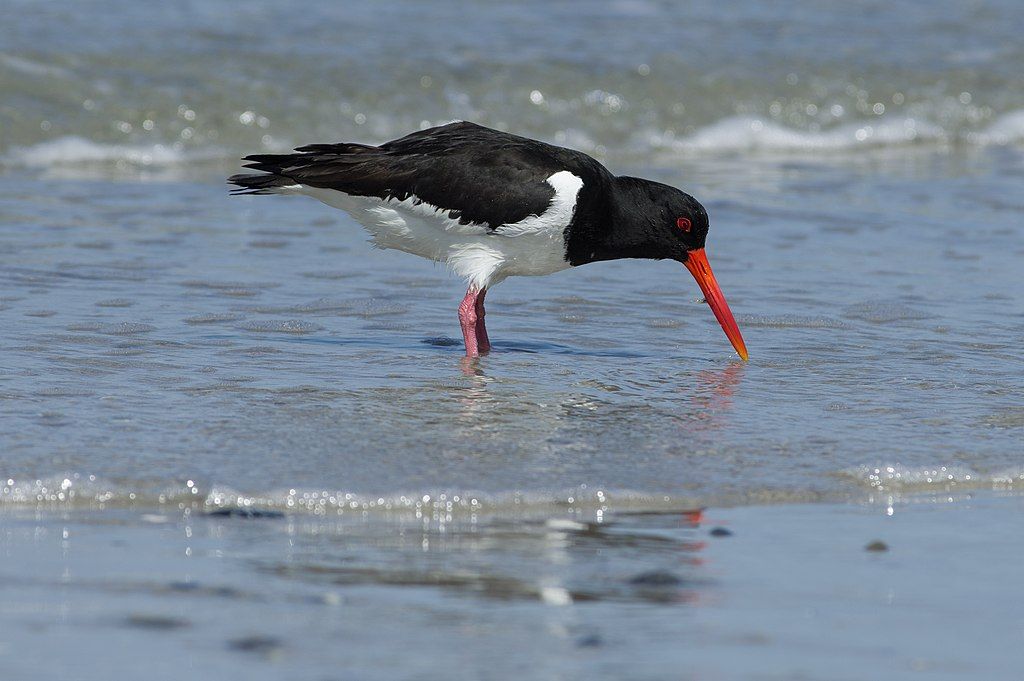
27 June 2022
Solar-powered GPS tracking devices for birds can be so accurate that researchers can tell the bird’s location to within 100 meters. The devices keep transmitting even if they fall off, so when a beachcomber collected a discarded tag on a beach in Orkney it tracked him too.
Last winter researchers at University of Exeter attached GPS tracking devices to 32 Eurasian oystercatchers (Haematopus ostralegus) in County Dublin, Ireland to find out how the birds use the public lands. This spring one of the oystercatchers migrated to its breeding grounds on Sanday, Orkney Islands, Scotland. Its tag fell off on the beach on 7 April. The tracker kept transmitting.

At the end of May the tracker started moving again. It visited a campsite and a pizza shop, flew from Edinburgh to Heathrow and came to rest on a residential street in Ealing, London. Stuart Bearhop, Professor of Animal Ecology at the University of Exeter’s Centre for Ecology & Conservation, tweeted this plea for the tag’s return.
Twitter can you please help? We have a tag that has fallen off one of @mindtheTrapp‘s oystercatchers. Someone visiting Orkney in the last few days seems to have found it and taken it to London. Can you please RT and/or get in touch if you think you can help us get it back! pic.twitter.com/a2IoXzI02h
— Stuart Bearhop (@StuBearhop) June 9, 2022
“The tags are worth around £1,000 each, so pretty pricey!” said PhD student Steph Trapp who is carrying out the research. “Any we can get back will be really valuable for increasing our sample size and the amount of data we can collect.”
— ITV news: London home unwittingly tracked by GPS bird tag left on remote Orkney beach
News spread quickly. A BBC Radio Five Live listener volunteered to leaflet the Ealing neighborhood. The beachcomber learned what he had collected and was happy to return the tag. Read how the Mystery of Orkney bird tag tracked to London is solved.
(photos from Wikimedia Commons; click on the captions to see the originals)